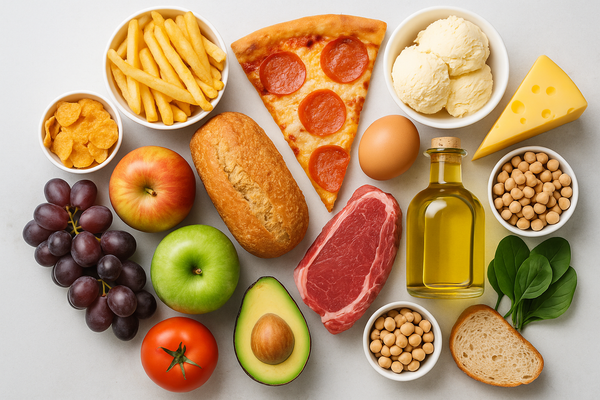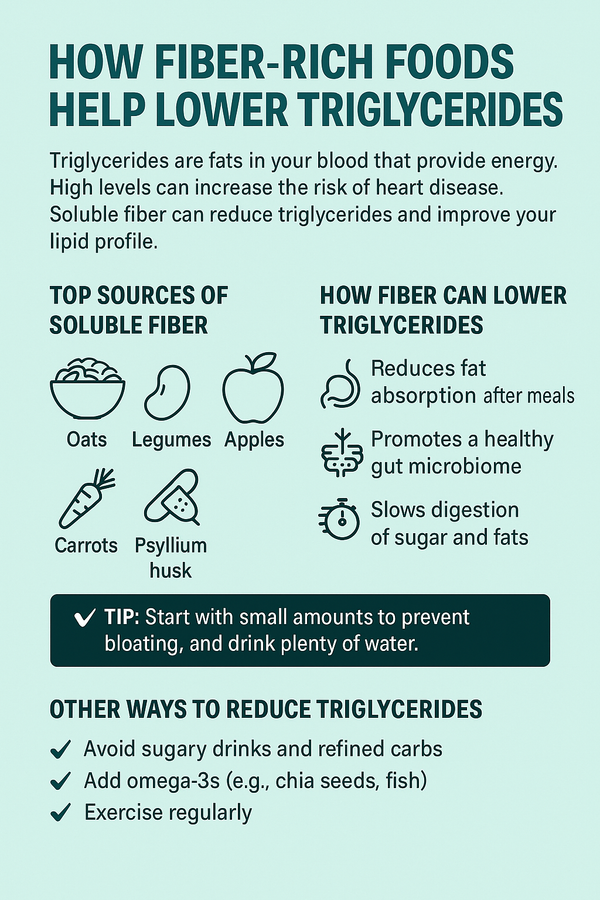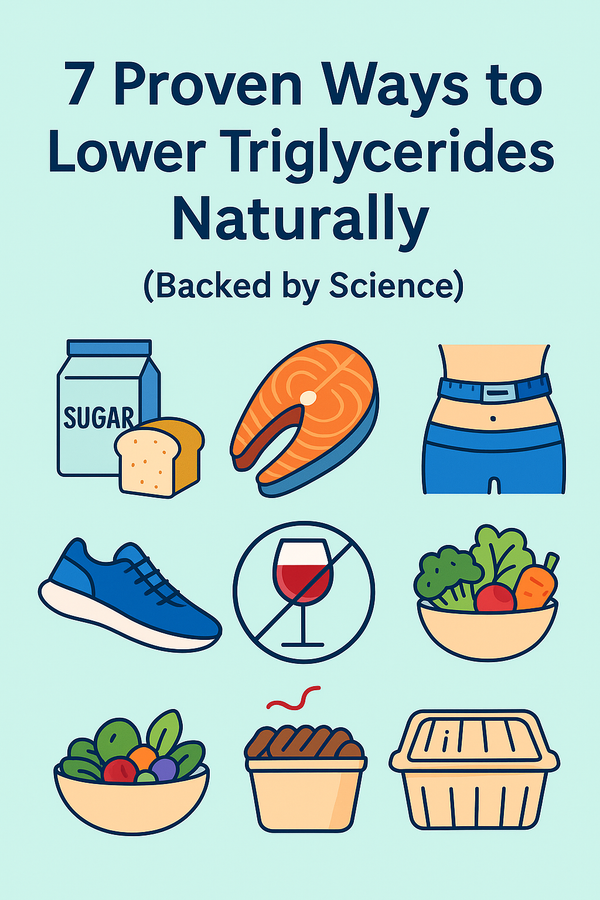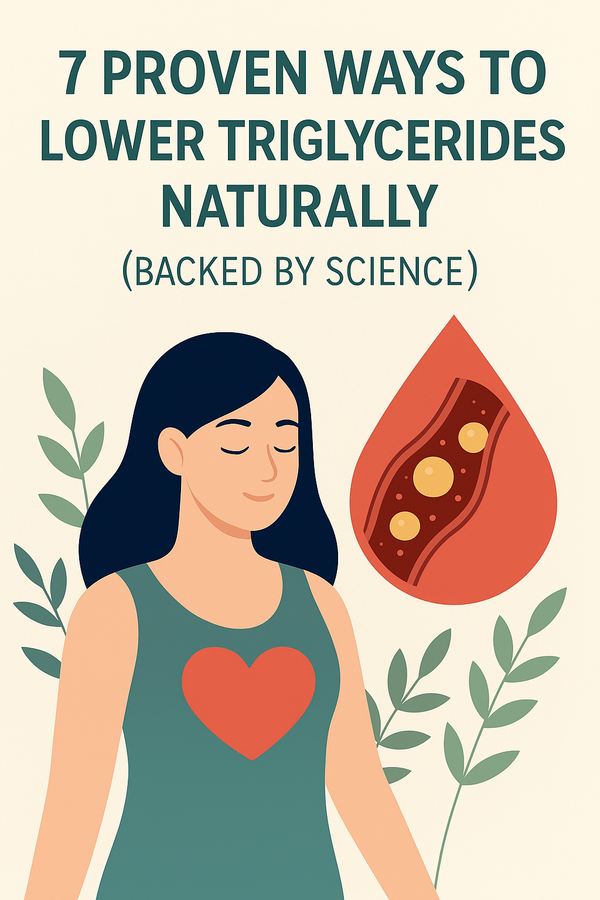What Causes High Triglycerides? 6 Hidden Habits That Might Be Raising Your Risk
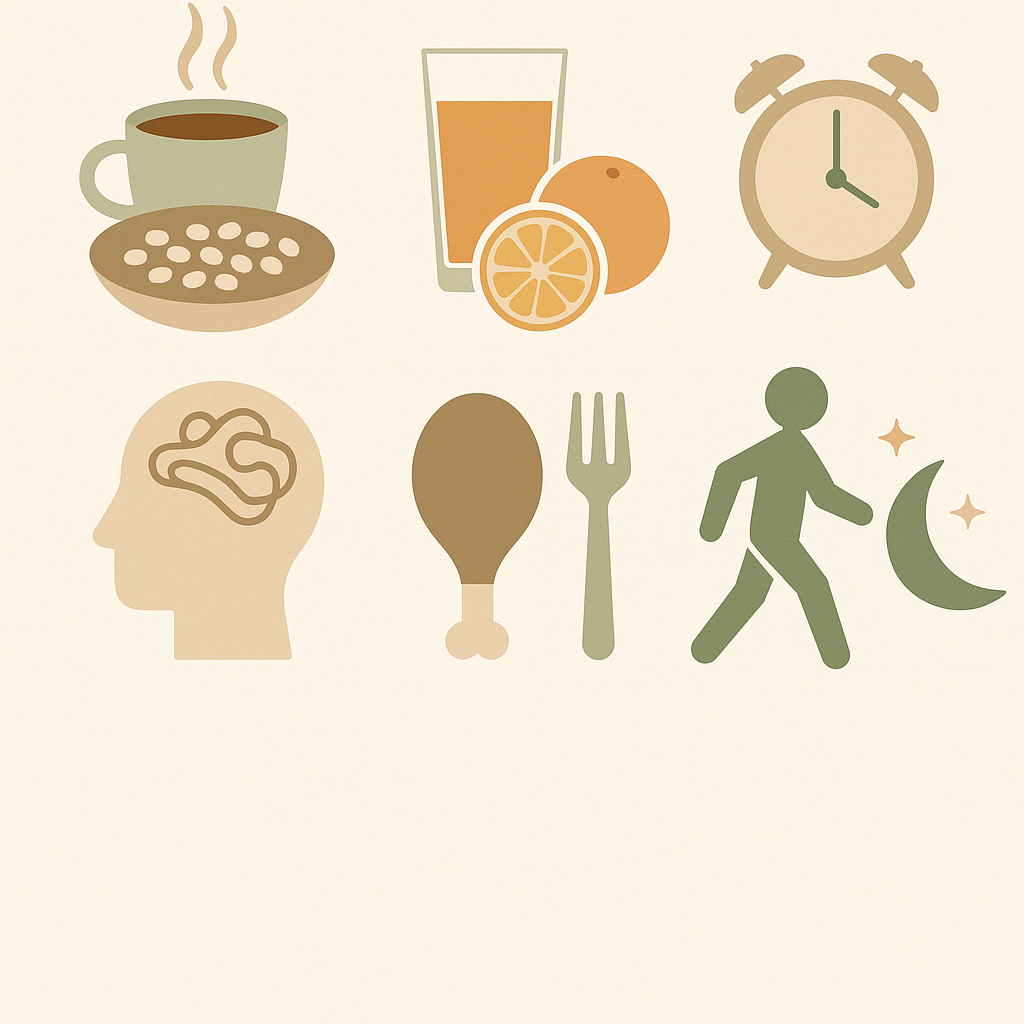
If your recent blood test showed high triglyceride levels, you’re not alone — and you’re not helpless either.
While most people focus on cholesterol, triglycerides are just as important. These fats circulate in your blood, and elevated levels can quietly contribute to heart disease, insulin resistance, and metabolic syndrome.
But here’s the surprising part: it’s not just about what you eat. Everyday habits could be driving your numbers up — without you realizing it.
What Are Triglycerides, Really?
Triglycerides are a type of lipid your body uses for energy. After eating, your body converts unused calories (especially from sugar and alcohol) into triglycerides and stores them in fat cells.
When your body doesn’t burn them efficiently, levels climb. That’s when problems begin.
The Ideal Triglyceride Range (mg/dL)
- Normal: Less than 150
- Borderline high: 150–199
- High: 200–499
- Very high: 500 and above (requires urgent care)
6 Surprising Causes of High Triglycerides
1. Skipping Breakfast or Fasting Too Long
Intermittent fasting can help some people — but in others, skipping meals increases cortisol, which triggers the liver to release more triglycerides.
2. Too Much Fruit Juice
Even natural sugar spikes insulin and triggers triglyceride production. Fruit juice lacks fiber and floods your bloodstream quickly.
3. Late-Night Snacking
Your body is less insulin-sensitive at night. Eating carbs or sugar close to bedtime can raise morning triglyceride levels.
4. Chronic Stress
Stress hormones like cortisol and adrenaline promote fat storage, raise blood sugar, and indirectly increase triglycerides.
5. Low Protein Intake
Too little lean protein means more blood sugar swings and cravings — which often leads to more refined carbs.
6. Inconsistent Sleep Patterns
Poor sleep reduces insulin sensitivity and disrupts hormone cycles that regulate lipid metabolism.
How to Fix It — Gently
You don’t need a crash diet. Instead:
- Eat more fiber-rich, whole foods
- Add lean protein at every meal
- Cut back on sugar, especially liquid sugar
- Go to bed and wake up at consistent times
- Take short walks after meals
Final Thought
High triglycerides don’t just reflect your diet — they reflect your daily rhythms. With a few small tweaks to your habits, you can bring your numbers down naturally, without stress or restriction.
Your body is ready to heal — it just needs the right signals.
